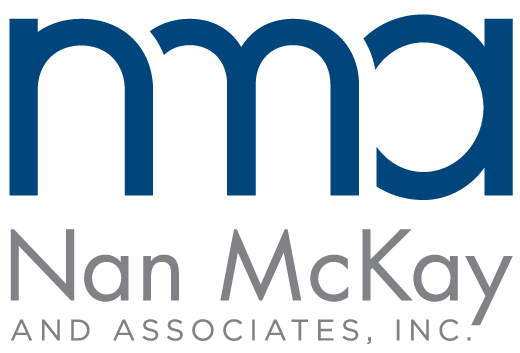HUD issues implementation notice for appropriations act changes

This morning HUD published a Federal Register notice implementing program changes contained in the 2014 appropriations act. Like last month’s implementation notice on flat rents (Notice PIH 2014-12), today’s notice will serve as interim guidance pending HUD rulemaking. The effective date for the changes discussed in the notice is July 1.
➤ PHA Consortia: The appropriations act changes the definition of “public housing agency” to include a PHA consortium. While PHAs may request waivers of existing restrictions, HUD notes that it will not approve any consortium for administration of multifamily project-based Section 8 contracts.
➤ Biennial Inspections: In the voucher program, PHAs may now elect to conduct housing quality standards (HQS) inspections biennially rather than annually for assisted units. According to the notice, HUD is implementing this change on a limited basis pending stakeholder input through future rulemaking.
The option to perform biennial inspections applies to assisted units during the term of a HAP contract. PHAs must still perform inspections prior to executing a HAP contract, and on an interim basis when requested by a family or government official. For units which have been inspected during the last 12 months, PHAs may reinspect within 24 months of the most recent inspection. For units which have not been inspected within the past 12 months, PHAs must conduct an annual inspection, and may then schedule the next inspection within 24 months.
The new rule does not require PHAs to adopt a 24-month inspection cycle. PHAs may inspect more frequently if they wish to do so. SEMAP scores will reflect the new requirement.
The rule also permits PHAs to substitute “alternative inspections” for required HQS inspections in some circumstances. After submitting a certification to HUD, the PHA could accept inspection results from the HOME program, the Low Income Housing Tax Credit (LIHTC) program, or similar sources.
For mixed-finance properties, HUD will address changes to inspection requirements in the rulemaking process rather than in this interim notice. Meanwhile, PHAs may adopt biennial inspection policies or alternative inspection methods for these properties.
➤ Definition of Extremely Low Income: In the appropriations act, Congress broadened the definition of “extremely low income (ELI) family” to include families whose income does not exceed the federal poverty level. Under the prior rule, only families whose income did not exceed 30 percent of area median income qualified as ELI.
HUD’s income targeting rule requires that during the PHA’s fiscal year, 75 percent of new admissions to the voucher program and 40 percent of public housing new admissions must be ELI families. The new provision was meant to provide financial relief to PHAs by permitting them to “target” ELI families with slightly higher incomes than the previous rule allowed. For the current fiscal year, PHAs must account for their ELI admissions separately for the period prior to July 1 (under the old rule) and after July 1 (under the new rule).
HUD has recalculated the 2014 income limits to include the new ELI amounts. The revised tables are available here.
➤ Utility Allowances: A change in voucher program rule requires the PHA to now use the utility allowance for the lower of the actual unit size or the voucher bedroom size. Under the previous rule the PHA used the utility allowance for the actual unit size regardless of the voucher bedroom size.
Under the new rule, a family with a 2-bedroom voucher that chooses to lease a 3-bedroom unit will now have the 2-bedroom utility allowance applied. Of course, the PHA must make exceptions if necessary as a reasonable accommodation for a family that includes a person with disabilities.
The new rule on utility allowances is to be applied for all new admissions. For current program participants, the new rule must be applied at the family’s next annual reexamination, as long as the PHA is able to provide the family with written notice at least 60 days in advance of the effective date.
Need help with inspections? Our team of NMAI inspectors have an average background of 12 years’ experience conducting inspections, are highly qualified and certified in HQS and/or UPCS, and have completed required sensitivity and sexual harassment training as well as extensive criminal background checks before beginning work. For more information about NMA Inspections, please visit our website or contact us directly at sales@nanmckay.com.

